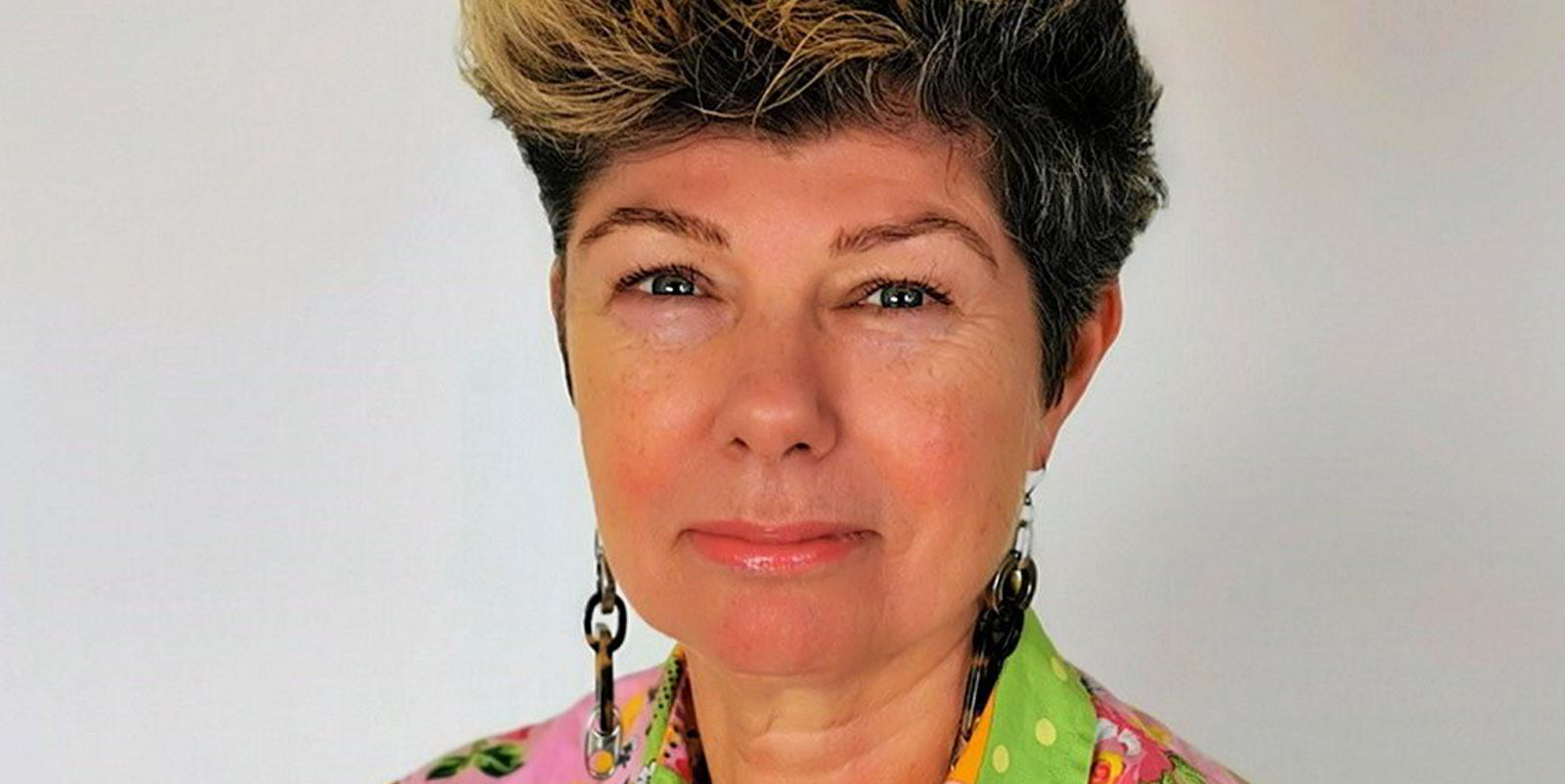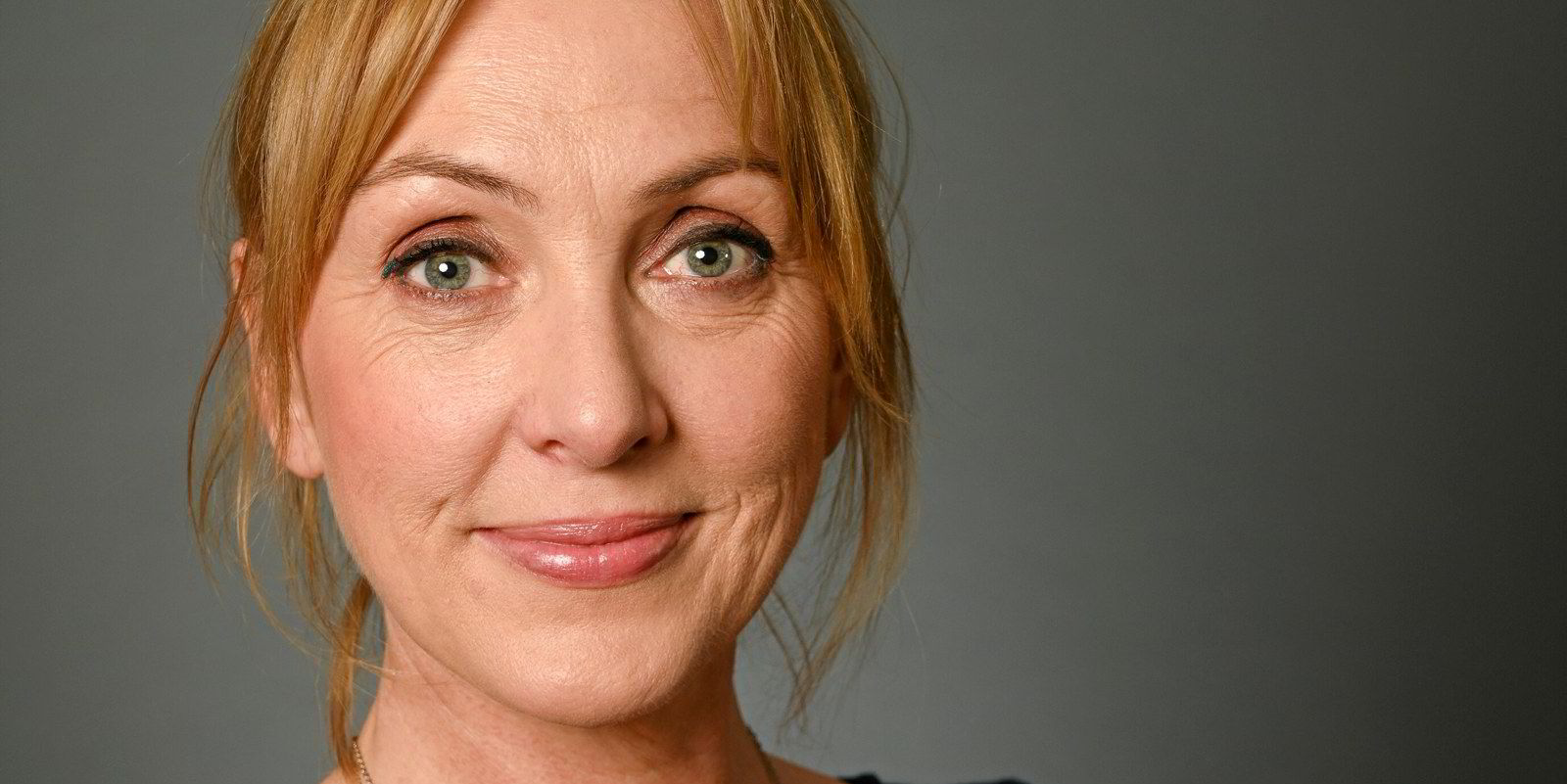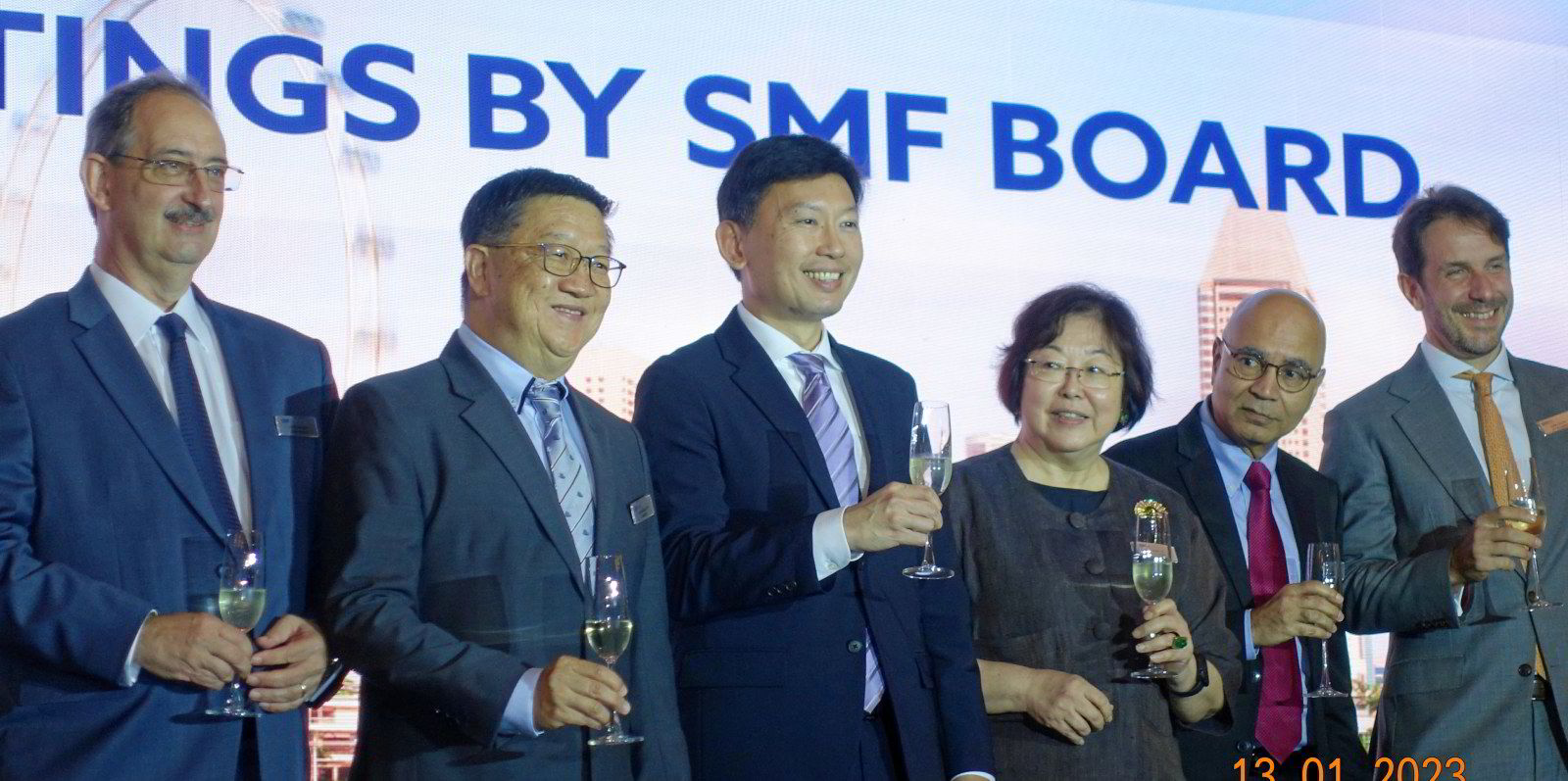As shipping slowly opens to a more diverse workforce, it must address issues it has for too long chosen to ignore. High among those is menopause and its impact on the industry’s growing number of women employees.
According to a study, one in 10 women in the UK leave their jobs due to menopausal symptoms and one in four consider doing so. Official data reveals it costs UK businesses 14m working days a year, equal to £1.8bn ($2.2bn) in lost productivity.
The Fawcett Society study Menopause and the Workplace, published last year, was the largest representative survey of menopausal women ever conducted in the UK, based on a survey of more than 4,000 women. Eight out of 10 women said their employer hadn’t shared information, trained staff or put in place a menopause absence policy.
With the numbers of women joining the workforce rising fast — and menopausal women the fastest-growing workforce demographic — companies cannot afford to ignore them. Our goal is to raise awareness so that those going through menopause are better supported in the workplace.
Why is talking about menopause such an important matter for the maritime industry? It’s because if we want to be seen as an inclusive and diverse industry, we need to discuss menopause and the effect it has on our female colleagues.
When we are investing in getting more women into leadership positions, it can be devastating if they quit or reduce their working hours because they meet a lack of empathy and understanding.
Menopause is generally divided into pre-menopause, which usually comes at an age between 45 and 50, and menopause itself, when menstruation has not occurred for 12 months. It is important to recognise that menopausal symptoms can affect women, trans and non-binary people experiencing the menopause.
All women’s experiences of the stages are unique, but main symptoms that can affect work are feeling overwhelmed, difficulty in concentrating, difficulty in remembering things, decreased self-confidence and sleep problems. Most women find this more bothersome than hot flushes and sweating at night.
The impact won’t be limited to those going through this natural stage of the life cycle. Family members, partners and others with whom those experiencing menopause have a relationship will also be affected.
It is in all our interests to create an environment in which menopause is talked about openly and without embarrassment. Menopause is a natural phase in every woman’s life and is something that needs to be normalised.

It is encouraging to see that some shipping companies are working to include menopausal issues as part of their diversity, equity and inclusion statements. However, although it is a good first step, it needs to become an authentic part of company culture, appropriately resourced and not simply performative.
We need and value allies, but as women we also need space and opportunities for open dialogue on the topic and time to talk to each other to remove the stigma of menopause. We need to collectively build confidence through knowledge so that we can meet this transition to a new stage in life often referred to as “a second spring” in a positive way.
Many women leave the workplace because they find that adapting symptoms around inflexible work expectations is just too difficult. Others may find that managing symptoms means they miss out on promotions and training, reduce their hours, lose confidence in the workplace and see their pay levels drop, all contributing to a widening gender pay gap.
The impact of menopausal symptoms on women workers is an occupational health issue and an equality issue. With the right approach, we believe it’s possible to bring this previously hidden subject into the open.
Many organisations, large and small, public and private, have shown how this once-taboo subject can be normalised and the benefits that come from doing this.
The UK’s Government Equalities Report on Menopause highlighted the need for employers to establish training, processes and information so all colleagues have a clear understanding of menopause. Let us look at how we offer practical, robust, flexible and edifying approaches while not oversimplifying or failing to recognise the complexity of the concept of allyship and the work involved.
We invite you to join us in positively addressing and taking responsibility for this within the maritime industry.
Torild Boe helps organisations and their employees implement menopause awareness programmes
Carole Davis is Emeritus Professor at Warsash Maritime School, Solent University and Menopause in Maritime Project Group Lead in Diversity in Maritime Task Force, Maritime UK
Do you have an opinion to share?
Email: news@tradewindsnews.com






